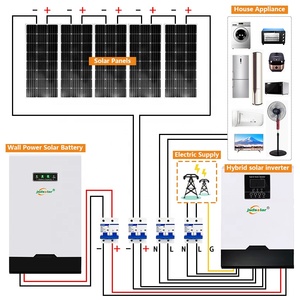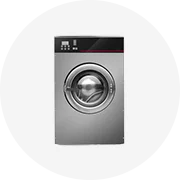
Power Syatem Solar 3kw 5kw Off Grid Ground Mounting Solar System 10kw HOome Solar Power System With MPPT PWM Controller


Hybrid System Solar Kit 5Kw 10Kw 12Kw 15Kw 18Kw 20Kw 25Kw 30Kw Off Grid Solar Power Energy System Storage Home Commercial



















The DI system, or deionized water system, represents a category of water purification devices designed to remove ions and minerals from water. This process results in highly purified water, essential for various industrial, commercial, and healthcare applications. By leveraging ion-exchange resins or other sophisticated technologies, these systems ensure the production of deionized water that meets stringent quality standards.
DI systems come in various configurations, including deionized water filters, DI water filter systems, and deionization tanks. Each type serves a specific purpose, from laboratory research to the manufacturing of electronics, where the presence of impurities can compromise product quality. Additionally, RODI systems combine reverse osmosis and deionization for an even more rigorous filtration process, often used in settings requiring ultra-pure water, such as pharmaceuticals and RO units for aquariums.
DI water systems are equipped with features that cater to diverse needs. Systems may include resin mixed beds for efficient ion exchange or RODI filters that incorporate both reverse osmosis and deionization stages. The materials used in these systems, such as specialized ion-exchange resins and durable filter media, are selected for their longevity and effectiveness in water purification.
Utilizing a DI water filter system offers significant benefits. These systems are capable of producing water with exceptionally low levels of conductivity and dissolved solids, which is crucial for industries where water purity is paramount. Moreover, the integration of reverse osmosis deionized water filters can enhance the purification process, ensuring that the water is free from a broad spectrum of contaminants.
Selecting the appropriate deionized water system depends on the intended application and required water purity level. For instance, a deionising water filter might suffice for general laboratory use, while high-tech manufacturing might necessitate a more complex RODI water system. It's essential to consider the system's capacity, efficiency, and maintenance requirements to ensure it aligns with the user's needs.
The use of RODI water in various processes cannot be overstated. Its role in preventing contamination and ensuring the integrity of sensitive applications makes it a critical component in many sectors. Whether it's for scientific research or the meticulous care of aquatic life in aquariums, the purity of RODI water is unmatched.